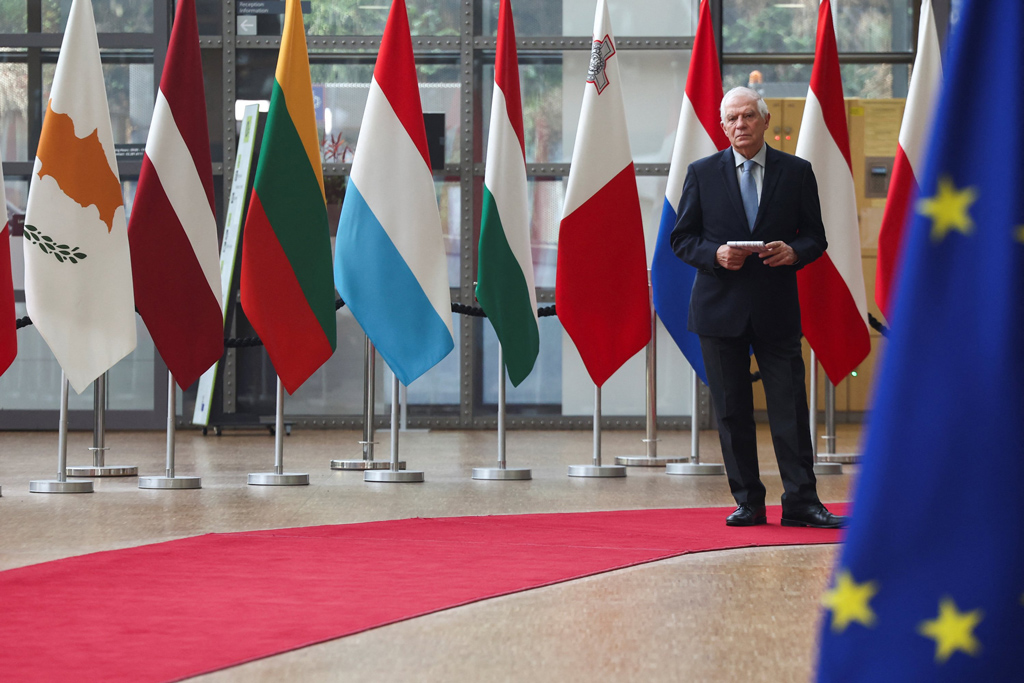
Hurricane brewing in the West – but what about the Middle East?
It was Josep Borrell, the European Union’s high representative for Foreign Affairs and Security Policy, who said that a hurricane was brewing in the West. He made that remark in an interview with the Spanish newspaper El País where he accused Ursula von der Leyen, the European Commission’s president, of assuming a completely pro-Israel stance. Recalling that the EU’s policy toward the Russo-Ukrainian war and Israel’s massacres in Gaza came with a hefty price tag, Borrell predicts a hurricane in the West, warning against the approaching “circle of violence” – a reference to Dante’s Inferno – and urging Europe to wake up.
Share
It was Josep Borrell, the European Union’s high representative for Foreign Affairs and Security Policy, who said that a hurricane was brewing in the West. He made that remark in an interview with the Spanish newspaper El País where he accused Ursula von der Leyen, the European Commission’s president, of assuming a completely pro-Israel stance. Recalling that the EU’s policy toward the Russo-Ukrainian war and Israel’s massacres in Gaza came with a hefty price tag, Borrell predicts a hurricane in the West, warning against the approaching “circle of violence” – a reference to Dante’s Inferno – and urging Europe to wake up.
It is no secret that some circles within the European Union have been unhappy with Ursula von der Leyen’s unconditional support to Israel. Indeed, the German politician has already been called “Frau Genocide.”
Although Israel stands accused of genocide before the International Court of Justice (ICJ), what is possibly more significant is that Western societies react more and more strongly to the United States and the EU for failing to speak up against the bloodshed in Gaza. For example, the American youth already believes that Israel subjects the Palestinian people to genocide.
In light of the above, Josep Borrell is absolutely right to warn against a “hurricane” in the West – including Europe. The Russo-Ukrainian war undermined Europe’s security architecture. The continental elites remain perplexed, yet fully aware that they will have to deal with the Russian threat for the next couple of decades.
The gap between the Atlanticists (who believe in relying on the United States and NATO) and their critics, who say that Europe will eventually have to help itself, keeps widening. Likewise, the French idea of “strategic autonomy” and the perspective of Germany, which appeals to the Eastern Europeans through the European Sky Shield Initiative, are not perfectly aligned.
Tags »
Related Articles






